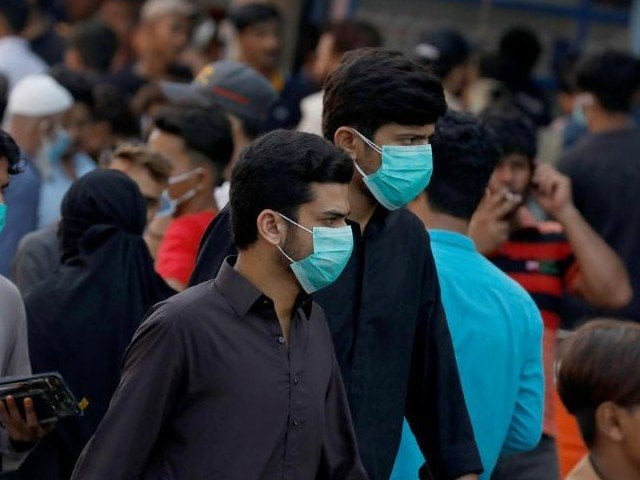Brown Pakistani privilege and Black Lives Matter in America
For far too long, many brown voices have been silent about racism in US because they want to be ‘model’ immigrants

PHOTO: REUTERS/FILE
Prophet Muhammad (peace be upon him) wanted to set an example demonstrating that all human beings are equal in the eyes of God, regardless of their race, class or socio-economic status. As a brown man in America today, my name bears witness to this revolutionary idea.
Pakistani-Americans often complain about being racially profiled at airports, but we also benefit from brown privilege in a variety of ways. One poignant example that stands out in my mind is last winter when the driver’s seat window of my car had frozen and I didn’t have the time to get it fixed. I got pulled over by a cop on the highway. I was afraid the cop would overreact when I opened the door to talk to him instead of pulling down my window. Then I remembered that bad things don’t happen to brown people on highways, only at airports.
This is an extraordinary time to live in America. The invisible injustice weaved into the fabric of American society is suddenly visible. The final straw is yet another incident of police brutality, which resulted in the senseless murder of George Floyd, a black man. He died after Derek Chauvin, a white police officer, pressed his knee onto Floyd’s neck for eight minutes and 46 seconds during an arrest. Floyd was handcuffed face down in the street, while two other officers further restrained Floyd and a fourth prevented onlookers from intervening. For the last three of those minutes, Floyd lay motionless and had no pulse, but officers made no attempt to revive him.
While police brutality against black people isn’t new, the viral video capturing Floyd’s death sparked a broader conversation about systemic racism. For example, black Americans are dying of Covid-19 at three times the rate white people are, which exposes the systemic differences in quality of healthcare and economic opportunities between black and white Americans. Where do Pakistani-Americans fall in this spectrum?
For far too long, many brown voices have been silent about racism in America because they want to be ‘model’ immigrants. But our ‘model’ immigrant status perpetuates our brown privilege. It’s been heartening to see young Pakistani-Americans break their silence and join Black Lives Matter protests. People have also talked openly about overt and casual racism within the Pakistani-American community (for example, it’s easier to convince Pakistani parents that one wants to marry a white person versus a black person). This participation is also being institutionalised — the American Pakistan Foundation is using its platform to discuss how our community can be better allies and confront racism.
Many Pakistani immigrants to America are highly educated and law-abiding citizens. This often blinds them to their own privilege because some in the community ask why black Americans can’t succeed in America like they have, while ignoring the history of black people coming to the country and serving as slaves for generations. What’s interesting though is that lifting the veil on racism has also given social permission to unveil other injustices in American society, such as Islamophobia.
Recently, in a CNN clip the commentator argued “When geniuses from Pakistan are afraid to come to America because they’re not safe here, that’s a problem for America.” This comment struck a raw nerve between my wife and me. I’d like to move back to Pakistan while she enjoys her life in the US. After attending a BLM protest last week, she remarked that things aren’t as good as they seem in America. “If things don’t get better here,” she said. “Let’s move back to Pakistan.”
Published in The Express Tribune, June 14th, 2020.
Like Opinion & Editorial on Facebook, follow @ETOpEd on Twitter to receive all updates on all our daily pieces.














COMMENTS
Comments are moderated and generally will be posted if they are on-topic and not abusive.
For more information, please see our Comments FAQ